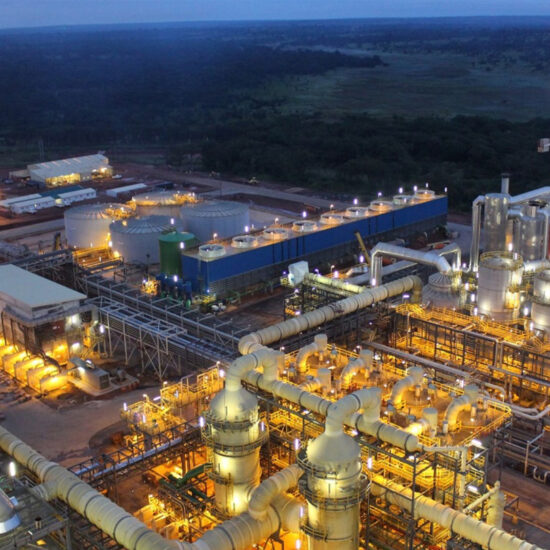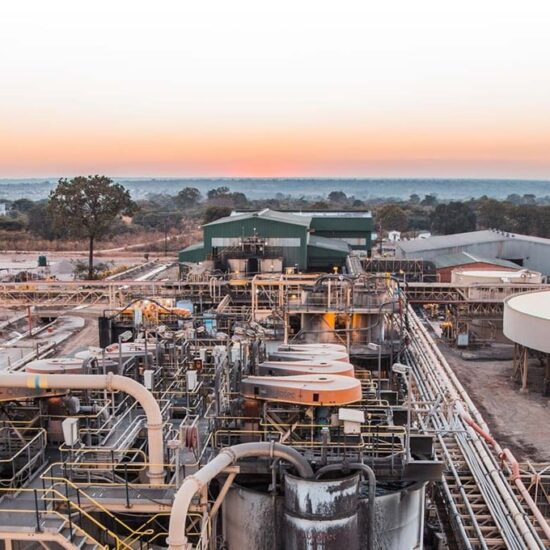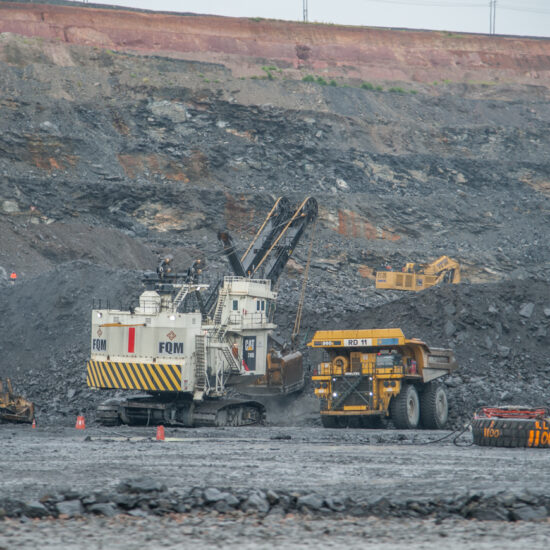
The Mines ministry has revised the process through which mineral export permits are issued in order to close some historical loop holes and maximize revenue generated by government from mineral royalty tax.
The Ministry’s Permanent Secretary – PS Barnaby Mulenga has disclosed that this decision has been arrived at in order to maximize government revenue which is currently being lost through some exporters’ submission of low grade samples to the ministry’s chemistry laboratory while the actual exported product may contain a varying grade.
He stated that currently, every client who wishes to apply for a mineral export permit submits a sample of the export consignment to the chemistry laboratory of the Ministry.
Based on the sample analysis results from the laboratory, a Mineral Valuation Certificate of the entire mineral export consignment is prepared and it is on the strength of this valuation certificate that, after the applicant has obtained a mineral royalty clearance certificate from the Zambia Revenue Authority (ZRA), the Ministry issues a mineral export permit to the applicant.
Mulenga said unfortunately, this practice had opened a window of opportunity for some mineral exporters to deliberately submit low-grade samples to the chemistry laboratory adding that this has resulted in undervaluing of mineral exports and consequently, loss of revenue earned by the government through mineral royalty tax eventually paid.
In a statement made available to the Zambian Business Times – ZBT on June 10, 2020, Mulenga said the loss of revenue could amount to significant amounts or even millions of dollars per export, depending on the amount of discrepancy in mineral grade between the submitted sample and the consignment being exported.
“In view of the above, the Ministry has put an end to the current arrangement so that Officers from the Ministry will be going to the mine sites or traders’ warehouses to independently collect the required samples instead of relying on samples submitted by exporters,” He said
He added that this decision will also eliminate the inconvenience of requiring clients to travel to Lusaka to submit samples each time they apply for a mineral export permit and achieve orderliness in the processing of mineral export permit applications as opposed to the practice currently prevailing.
“It is the desire of the government that the ministry gains full oversight of the mineral supply and value chain in order to ensure effective monitoring of mineral production and exports. Therefore in order to facilitate the smooth transition from the current scenario to the new one, all exporters are requested to ensure that their applications for export permits are received by the Ministry at least one week before the officers’ sampling visit to each region,” He added.
He informed all exporters of metals and other mineral products that, with effect from 1st July, 2020, the Ministry will no longer accept samples submitted by exporters to the Chemistry Laboratory at the Geological Survey Department in Lusaka.







